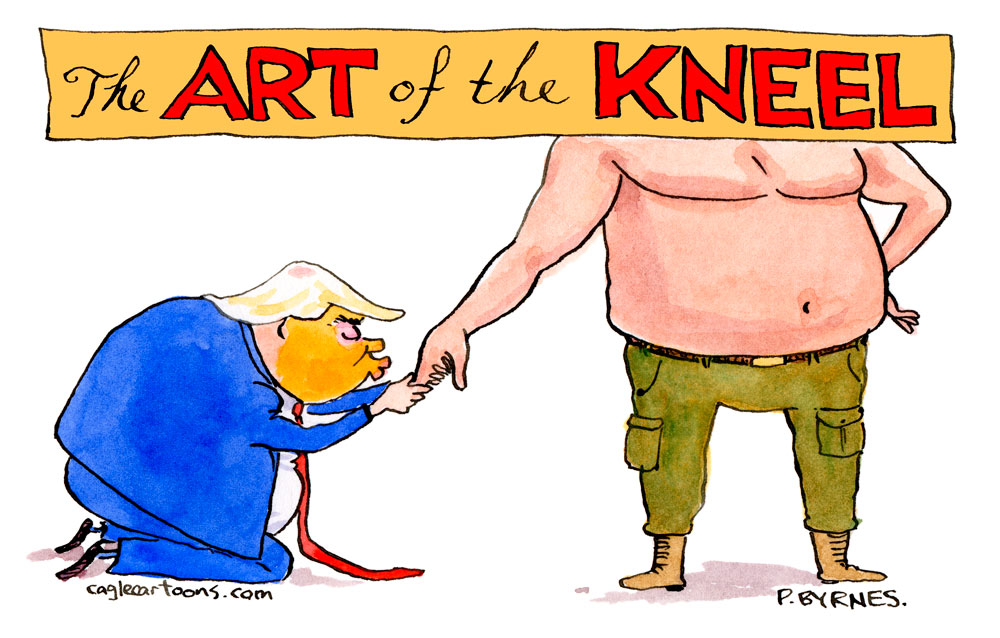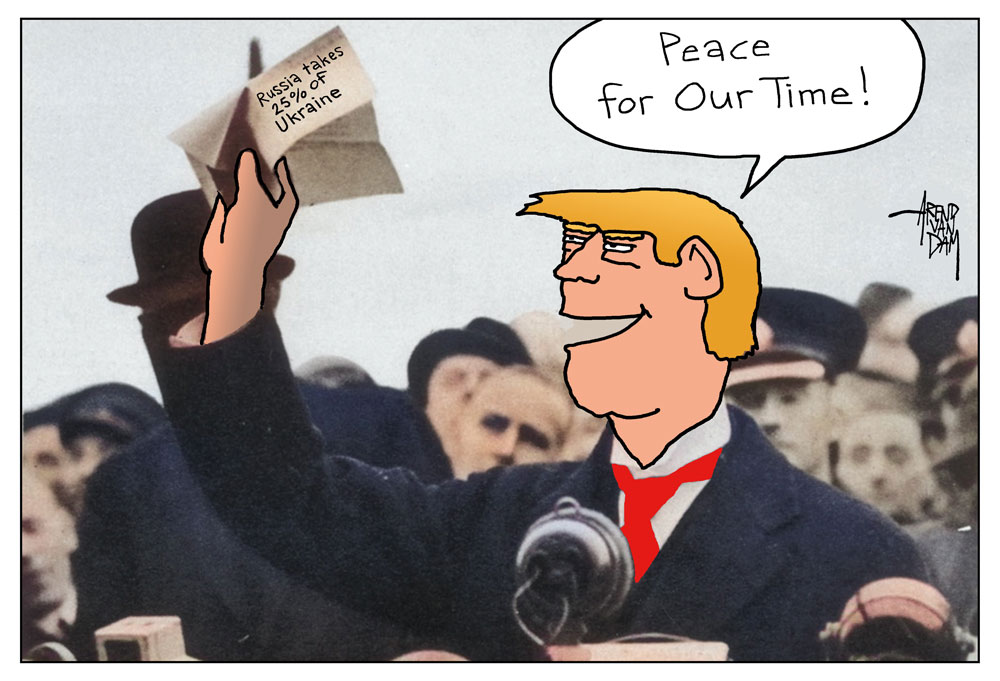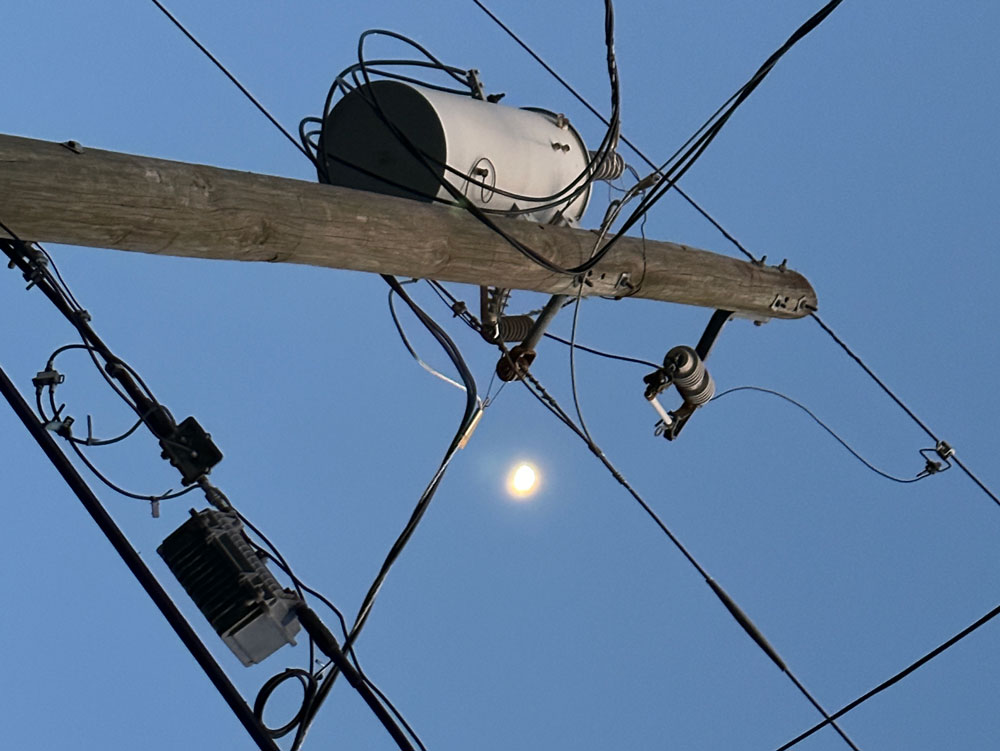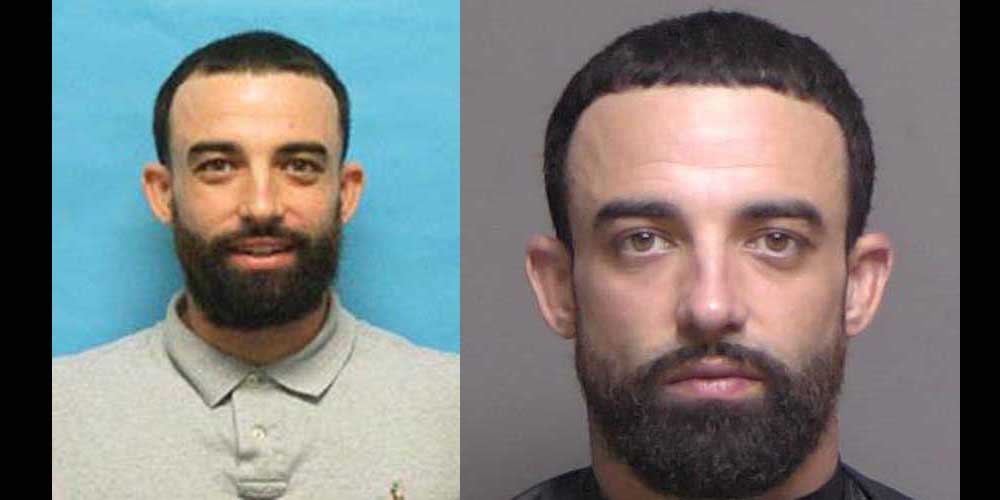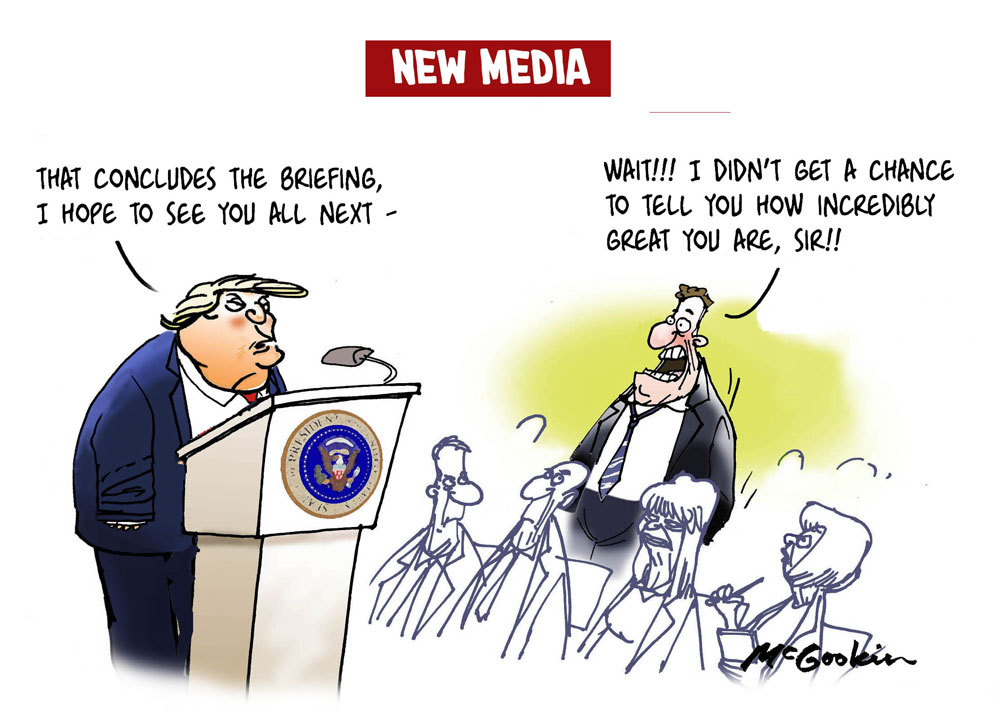Please complete this form to add your event to the Briefing and Live Calendar.
Weather: Thunderstorms and showers. high, close to 88. There is an 80% chance of precipitation.Sunday night: thunderstorms and showers. low of about 72. There is an 80% chance of precipitation.
A Quick Look at Today:
Palm Coast Farmers Market at European Village: Located at European Village, 101 Palm Harbor Pkwy, Palm Coast, the city’s sole farmers market is open every Sunday from noon to four o’clock. accompanied by live music, fruit, vegetables, and other treats. Regarding Vendor Details email [email protected]
Family groups run by Al-Anon offer hope and support to friends and family of alcoholics. Every Sunday, meetings are held via Zoom and at the Silver Dollar II Club, Suite 707, 2729 E Moody Blvd., Bunnell. There are more online and local gatherings available. To view the list of meetings in Flagler, Volusia, Putnam, and St. Johns County, call 904-315-0233.
Intermediate and advanced ESL Bible studies are held at Grace Presbyterian Church, 1225 Royal Palms Parkway, Palm Coast, from 9:30 to 10:25 a.m. While studying the Bible, work on your English. English language learners at the intermediate and advanced levels are the target audience for this study.
The Grace Community Food Pantry is operating today from noon to three o’clock via drive-thru at 245 Education Way, Bunnell. Pastor Charles Silano and Grace Community Food Pantry, a Flagler County disaster relief organization, are in charge of organizing the food pantry. Feeding Northeast Florida assists local families, children, and active and retired military personnel who are struggling to put food on the table, as well as elders. Collaborating with nearby supermarkets, producers, and farms, we salvage premium food that would otherwise go to waste and turn it into meals for the underprivileged. A large portion of the food pantry’s operations and storage space are provided by the Flagler County School District. Give 386-586-2653 a call to volunteer, give, or offer assistance.
Notebook: On occasion, I believe that we are getting close to the point where our personal libraries—not just our sexual orientation, our ethnicity, our published opinions, and some of our job titles—may begin to become a liability due to the deterioration and fall of the 4th Amendment and the Supreme Court’s despotization of the executive. In its own words, how would I describe having Al-Qaeda on my shelves? The fact that the publishers are Harvard and Presses Universitaires de France, effectively two of the most prominent university presses in the world (only Oxford and Cambridge are absent), does not help. A useful, necessary direct line to the enemy’s thinking, the book was published in 2005 after being edited by Gilles Kepel in France and translated by Pascale Ghazaleh for publication here in 2006. It seemed to me, as the State Department and every American intelligence agency should have believed, to be incredibly helpful windows rather than treasonous exercises, as the editorial page of the Wall Street Journal or the Washington Times would have you believe, just like journalists’ interviews with binb Laden, such as those conducted by Robert Fisk and Peter Arnett 25 years ago (an excerpt from the Arnett interview is included, without naming Arnett). And not only to comprehend the Moral Jurisprudence of Jihad, but also because we are immunized against the deadliest diseases and it is crucial to stay up to date with the propaganda of CPAC conferences and the Shah’s Truth Social account. We should at least make an effort to comprehend the more damaging influences in our environment so that we can better resist them if we are to speak clearly against them. Accordingly, and in keeping with the nation’s ongoing fascistization, I recently received Defending Slavery: Proslavery Thought in the Old South, a surprisingly thin book edited by Paul Finkleman of the University of Tulsa College of Law from 2003 (when white Christian power was marching into Baghdad) that excludes Plato, Aristotle, parts of the Bible, Paul, Augustine, and other pre-Colonial standards of the genre. This book covers well-known topics, such as Thomas Jefferson, John Calhoun, Edmud Ruffin, the Dred Scott ruling of the Supreme Court, Thomas R.R. Cobb (who believed that slavery was a natural law principle), and so on. Not exactly bedside reading. More along the lines of reading and, to the extent that we can, getting ready for the abyss—that is, if we are not so naive as to believe that we are not yet halfway down. You don’t need to search far. Tell me if the quote from the Dred Scott ruling below isn’t the mirror image, carbon copy, auditory double, and repetition of the Shah’s ongoing battle for birthright citizenship.
P.T.
Now, this:
![]()
Local and regional political, civic, and cultural events are compiled in the Live Calendar. If approved, of course, you can enter your own calendar events exactly how you want them to appear on the website. Please complete this form in order to have your event listed in the Live Calendar.
Click here to view the entire calendar.
![]()
“Citizens” and “people of the United States” have the same meaning and are interchangeable expressions. Both of them characterize the political entity that, in accordance with our republican systems, constitutes sovereignty, and that exercises power and governs through its representatives. Every citizen is a constituent part of this sovereignty and a member of what we commonly refer to as the sovereign people. Whether the class of individuals outlined in the plea in abatement constitutes a component of this people and are constituent members of this sovereignty is the question at hand. We believe that they are not, and were not meant to be, included under the Constitution’s definition of “citizens,” and as a result, they are not entitled to any of the rights and privileges that the document guarantees to US citizens. Instead, they were viewed as a lower and inferior class of people who had been enslaved by the dominant race. Regardless of their emancipation, they were still subject to their authority and had no rights or privileges other than those that the government and those in positions of power might decide to give them.
from the opinion of Chief Justice Taney in Dred Scott v. Sandford (1857).
The Archive of Cartoons and Live Briefings.


